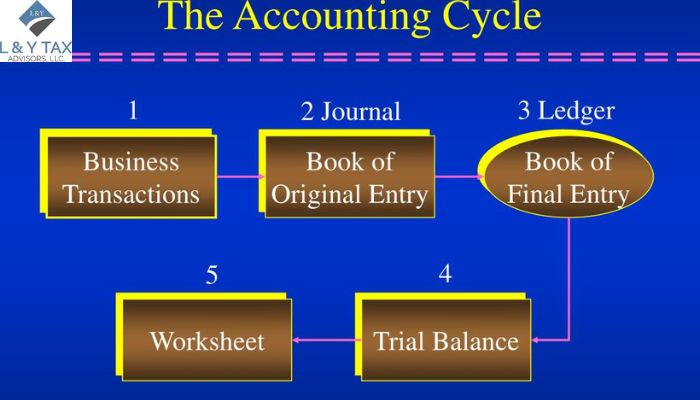
How to Choose an Accountant: 5 Tips for Small Businesses
As a business owner or manager of a business startup, you certainly need to hire an accountant at some point. But what type of accountant is best for small businesses, and how to choose an accountant?
Here are five pointers to consider when selecting an accountant for your small business.
Recognize Your Business Needs
Before deciding how to choose an accountant, it’s critical to describe your unique requirements for their services. Are you looking for assistance with bookkeeping and financial statements, or do you need assistance with tax preparation and filing?
A bookkeeper or non-certified accountant who administers day-to-day financial chores differs from a Certified Public Accountant (CPA) who provides strategic tax advice, tax filing services, and audit support. CPAs are also helpful as tax advisors. Identifying the breadth of responsibilities, frequency, and competence necessary is crucial in the accountant selection process.
Recommendations and Feedback
Are you acquaintances with other entrepreneurs or a member of a local small company group or network? Asking for references from your peers is one technique to find a trustworthy accountant for your company.
At the same time, you may do a Google search for accountants in your region. You may also look for internet reviews and utilize them to compare and analyze potential candidates. LinkedIn, Yelp, and other online forums, such as Reddit and Facebook, may also be useful tools for recommendations and reviews that may help you make an informed selection.
Credentials and Experience
A credible accountant should have the credentials and experience to back up their knowledge and skills. It could be to your best advantage to seek an accountant who has worked with other firms in your field. It might be advantageous since they are likely to be knowledgeable about the requirements, problems, and tax regulations unique to your business type or sector. The sort of accountant you can hire and the tax consulting services they can give will be determined by their training and official certifications.
Interviews and Meetings
After you’ve finished your preliminary research and created a short list of probable candidates, the following step is to schedule a series of meetings or interviews with them. These conversations allow you to enquire more and obtain a better understanding of their processes and procedures. While some questions may be answered by conducting an online search, a quick talk with a potential accountant is crucial in establishing their suitability with your organization.
Questions to Ask
Here are some questions to ask potential accountants:
- What accounting credentials and training do you possess?
- How can you help me achieve my objectives? What more value might you provide to my company?
What Personality Type Are Most Accountants?
Accounting is an occupation which demands precision, meticulousness and analytical abilities. Although stereotypes might suggest otherwise, accountants come from all different types of personalities with differing personality types excelling in this profession; although certain traits tend to be common among successful accountants.
Analytical Thinkers
Accounting requires professionals with an analytical mindset. Accountants need to be adept at dissecting complex financial data, spotting patterns, and drawing meaningful conclusions – people who excel in analytical reasoning often make great accountants.
Detail-Oriented Individuals
Accountants require meticulous scrutiny of financial records in order to ensure accuracy and comply with regulations; those who possess an acute attention for detail make great accounting professionals.
Organised Planners
Proper organization in positive accounting is critical in terms of meeting deadlines, prioritizing tasks and maintaining financial records efficiently. Accountants with strong organizational abilities often boast exceptional planning and time management abilities to efficiently carry out multiple responsibilities at once.
Communication Skills
While accountants might have a reputation of being introverted number crunchers, effective communication is at the forefront of their profession. From meeting clients to presenting financial reports or working closely together on collaborative tasks with colleagues and presenting complex data in clear language are among the many crucial tasks required in accounting today.
Conclusion
Learning how to choose an accountant may assist you in navigating conditions that may help you expand your business in the most optimum, efficient, and inexpensive methods. To get the best accountant for your company, use caution and put in enough time throughout the selection process. The objective is to choose an accountant who works within your budget, emanates dependability and a strong reputation, exhibits attention to achieving your goals, and is devoted to assisting in the growth of your organization, especially if expansion and cost-cutting measures are part of your strategic plan.


